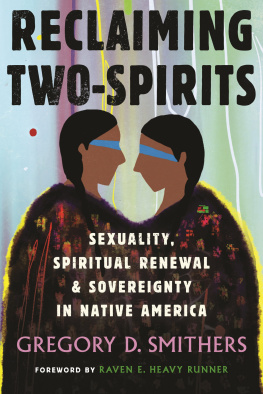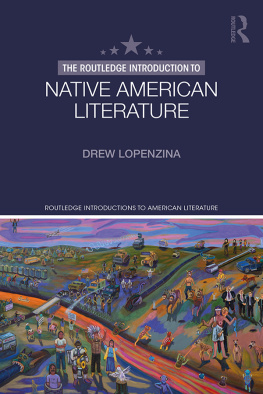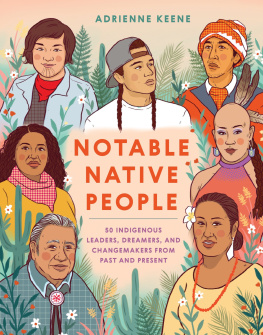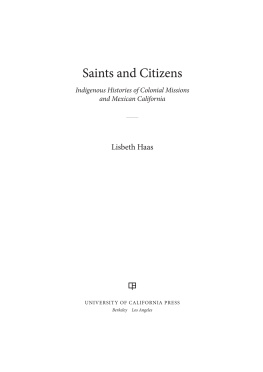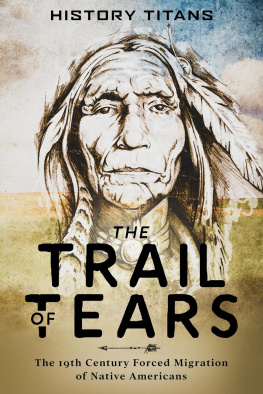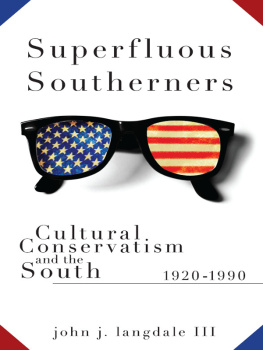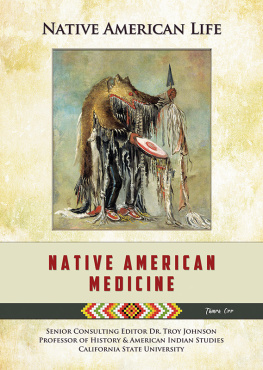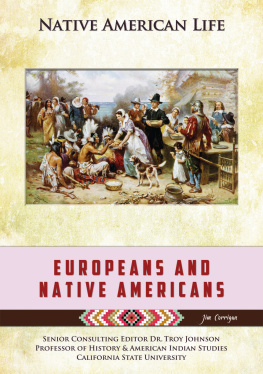
Indigenous Histories of the American South during the Long Nineteenth Century
Native Southerners lived in vibrant societies, rich in tradition and cultural sophistication, for thousands of years before the arrival of European colonization in the sixteenth and seventeenth centuries. Over the ensuing centuries, Native Southerners adapted to the presence of Europeans, endeavouring to incorporate them into their social, cultural, and economic structures. However, by the end of the American Revolutionary War, Indigenous communities in the American South found themselves fighting for their survival. This collection chronicles those fights, revealing how Native Southerners grappled with colonial legal and political pressure; discussing how Indigenous leaders navigated the politics of forced removal; and showing the enduring strength of Native Americans who evaded removal and remained in the South to rebuild communities during the latter half of the nineteenth century.
This book was originally published as a special issue of American Nineteenth Century History.
Gregory D. Smithers is Professor of History at Virginia Commonwealth University, USA. He specializes in the history of Native Americans in the American South. His most recent book is The Cherokee Diaspora: An Indigenous History of Migration, Resettlement, and Identity (2015).
Indigenous Histories of the American South during the Long Nineteenth Century
Edited by
Gregory D. Smithers
First published 2018
by Routledge
2 Park Square, Milton Park, Abingdon, Oxon, OX14 4RN, UK
and by Routledge
711 Third Avenue, New York, NY 10017, USA
Routledge is an imprint of the Taylor & Francis Group, an informa business
2018 Taylor & Francis
All rights reserved. No part of this book may be reprinted or reproduced or utilised in any form or by any electronic, mechanical, or other means, now known or hereafter invented, including photocopying and recording, or in any information storage or retrieval system, without permission in writing from the publishers.
Trademark notice: Product or corporate names may be trademarks or registered trademarks, and are used only for identification and explanation without intent to infringe.
British Library Cataloguing in Publication Data
A catalogue record for this book is available from the British Library
ISBN 13: 978-1-138-56760-3
Typeset in Myriad Pro
by RefineCatch Limited, Bungay, Suffolk
Publishers Note
The publisher accepts responsibility for any inconsistencies that may have arisen during the conversion of this book from journal articles to book chapters, namely the possible inclusion of journal terminology.
Disclaimer
Every effort has been made to contact copyright holders for their permission to reprint material in this book. The publishers would be grateful to hear from any copyright holder who is not here acknowledged and will undertake to rectify any errors or omissions in future editions of this book.
Contents
Citation Information
The chapters in this book were originally published in American Nineteenth Century History, volume 17, issue 2 (June 2016). When citing this material, please use the original page numbering for each article, as follows:
Introduction
Indigenous histories of the American South during the long nineteenth century
Gregory D. Smithers
American Nineteenth Century History, volume 17, issue 2 (June 2016), pp. 129138
Chapter 1
The Indians of every denomination were free, and independent of us: Anglo-Virginian explorations of indigenous slavery, freedom, and society, 17721830
Kristofer Ray
American Nineteenth Century History, volume 17, issue 2 (June 2016), pp. 139160
Chapter 2
Indian land sales and allotment in Antebellum Virginia: trustees, tribal agency, and the Nottoway reservation
Buck Woodard
American Nineteenth Century History, volume 17, issue 2 (June 2016), pp. 161180
Chapter 3
Violence and the competition for sovereignty in Cherokee Country, 18291835
Adam J. Pratt
American Nineteenth Century History, volume 17, issue 2 (June 2016), pp. 181198
Chapter 4
Tribal remnants or state citizens: Mississippi Choctaws in the post-removal South
Katherine M. B. Osburn
American Nineteenth Century History, volume 17, issue 2 (June 2016), pp. 199214
Chapter 5
Serving the Choctaw cause: Robert M. Jones, sovereignty, and pragmatic diplomacy during the American Civil War
Jeffrey L. Fortney
American Nineteenth Century History, volume 17, issue 2 (June 2016), pp. 215234
Chapter 6
A southern portrait by another kind of artist
Kathryn E. Holland Braund
American Nineteenth Century History, volume 17, issue 2 (June 2016), pp. 235240
Chapter 7
Reflections on the long nineteenth century and Indian Removal
Robbie Ethridge
American Nineteenth Century History, volume 17, issue 2 (June 2016), pp. 241245
For any permission-related enquiries please visit: http://www.tandfonline.com/page/help/permissions
Notes on Contributors
Kathryn E. Holland Braund is Hollifield Professor of Southern History at Auburn University, USA.
Robbie Ethridge is Professor of Anthropology at the University of Mississippi, USA.
Jeffrey L. Fortney is a Post-Doctoral Fellow in the History Department at Central Michigan University, USA, specializing in Native American history and Civil War history.
Katherine M. B. Osburn is Associate Professor of History at Arizona State University, USA.
Adam J. Pratt is Assistant Professor in the Department of History at the University of Scranton, USA.
Kristofer Ray is Visiting Associate Professor of History and Native American Studies at Dartmouth College, USA.
Gregory D. Smithers is Professor of History at Virginia Commonwealth University, USA.
Buck Woodard is Professorial Lecturer at American University, Washington, DC, USA.
INTRODUCTION
Indigenous histories of the American South during the long nineteenth century
Gregory D. Smithers
Over the past generation, an impressive body of scholarship has drawn scholarly attention to the Native South. Ethnohistorians have been at the forefront of efforts to reevaluate Native American political, social, and cultural history in what is today the Southeastern United States. As a result of this scholarly attention, a still growing historiography that highlights the dynamism of life in the Native South between the late eighteenth and nineteenth centuries continues to expand.
This special issue of American Nineteenth Century History builds on recent historical research and showcases some of the best and most innovative historical scholarship currently being written about the late-eighteenth- and nineteenth-century Native South. As the following essays reveal, historians of the Native South continue to develop our collective historical understanding of how social and cultural relations in the Native South changed during the long nineteenth century, of how critically important concepts such as land and sovereignty were contested by Native and settler governments, and how changing commercial and economic activities contributed to alterations in the collective identities of Native American communities.


